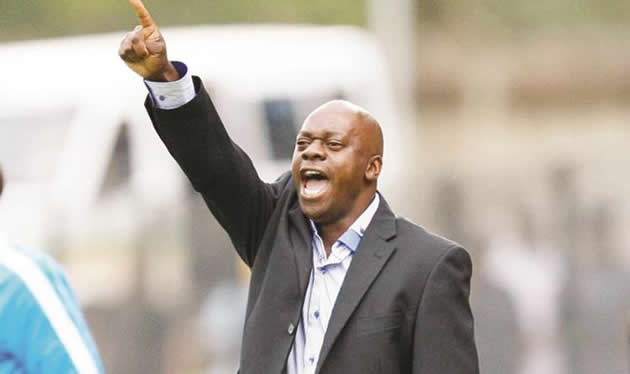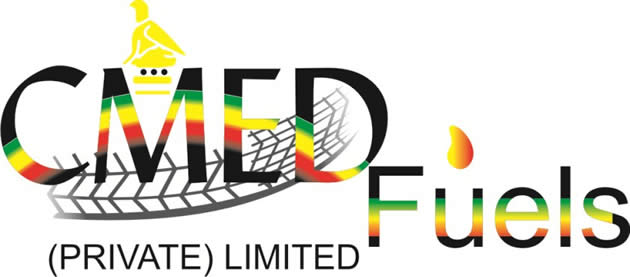Editorial Comment: Put universal health insurance to test

Everyone in Zimbabwe knows that our health services are near breaking point and we all know that throwing money at this problem will generate solutions. Before we start working out how much money, and more critically whose money, we need to look at the service in perspective. The primary health system put in place after independence is still there and is still working. Babies are vaccinated, basic care is available to almost everyone, although queues are bad and facilities are often badly in need of maintenance.
The major upgrade of the provincial hospitals done in the 1990s eased many pressures, but those hospitals need to be maintained, equipment needs to be replaced and upgraded, and staff shortages need to be addressed.
The HIV pandemic messed up a lot of plans and programmes in the 1990s. Suddenly we had to cope with a lot of people with serious AIDS-related illnesses. That pressure has been reduced significantly with the arrival of ARV drugs that are just affordable, but just affordable still means we need a large sum each year for those who cannot buy their own and need diagnostic and testing equipment to back up the drug regimes.
And the rising population means that there are ever-more people who, whatever preventative medicine can do, still fall sick, still get hurt and still need a doctor and a hospital.
For some years there has been debate on universal health insurance. The medical aid societies have taken out of the State system almost everyone in formal employment except the two huge groups of farm and domestic workers.
That has helped and has also provided some critical data for anyone wanting to widen health insurance. PSMAS, in particular, provides an interesting model. It has the lowest fees and runs its own facilities; these are not luxurious but they work well. The recent, and soluble, troubles over administrative salaries cannot hide the fact that the society provides a reasonable basic service at modest cost.
The Deputy Minister of Health and Child Care, Dr Paul Chimedza, is now restarting the debate, and wants a system where everyone, from communal farmers, through those in the informal sector and presumably the formally employed will all contribute.
However, this is done, there will need to be subsidies for the very poor; we agree that all should pay in but when we talk about US$5 a year from the very poor, and they will not be able to afford much more, we need to figure out where the extra comes from.
This is why we want to see a careful plan of who should pay for what.
The taxpayers, in our opinion, must continue to pay in full for the preventative health schemes, the sum topped up with whatever aid funds are on offer.
Vaccinating against all major diseases, eradicating malaria, making sure all mothers give birth safely and teaching everyone basic hygiene cannot be left to wallet size or even a willingness to be insured. Diseases do not discriminate.
The AIDS levy must continue to subsidise ARVs, but the Ministry needs to look at the administration of that fund and ensure that it is being used for drugs rather than administration costs.
This leaves what we hope is the minimum of curative care. Dr Chimedza’s idea of universal insurance, sort of poll tax, deserves consideration. If the sum is small then all, including those privately insured, should pay. If there is a progressive system then we may need to exempt those already insured, although perhaps remove the tax relief on insurance payments and transfer that money to the Health Ministry.
But until we can start reaching around US$150 a person a year, which is what the most inexpensive private schemes suggest is the minimum, we will continue to need subsidies from taxes and aid agencies.
But that money might be more willingly made available if we all know that everyone is paying something.










Comments